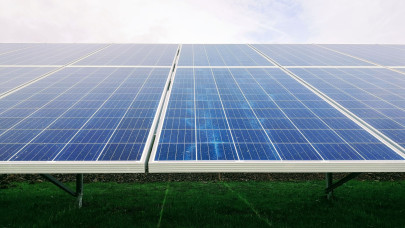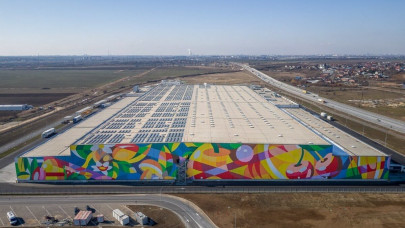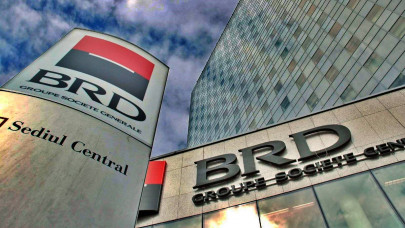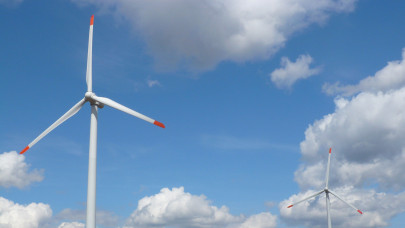"Store shelves are full of non-food products with all kinds of BIO or ECO signs, but very few buyers know what the European green label really looks like. This sign of environmentally friendly products can only be requested at ANPM, and the products must comply with a set of criteria to obtain the EU Ecolabel These environmental criteria take into account the entire product life cycle and cover several product groups, including cleaning solutions, appliances, paper products, textiles, objects for the home and garden, lubricants and two types of services: tourist accommodation and camping. On the Romanian market, there are currently 74 products from the mentioned categories, which have obtained the ecological label, for a period of five years," said the president of ANPM, Laurentiu Alexandru Paștinaru.
According to experts within this commission, the European ecological label is a voluntary system, designed to encourage economic operators to market goods and services that are friendly to the environment, as well as to promote the circular economy, by generating a lower amount of waste and CO2.
The granting of the European green label and the promotion of products with the ecological label make a real contribution to the biggest environmental challenges identified in the European Green Deal, such as: achieving climate neutrality by 2050, moving to a circular economy, and reaching the zero pollution target for a non-toxic environment.
"The products and services for which the ecological label is requested can bear the well-known logo of the European flower, Ecolabel, only after the National Commission for the Awarding of the Ecological Label decides that they comply with the European rules specific to each product. Because many of the products for which is requested this sign is far from the environmental performance required by the Romanian legislation for the implementation of the European Regulations regarding the EU eco-label, we often have to reject some files. We cannot grant an eco-label for a corrosive product, for example, which presents risks for health, it's natural!", says the head of ANPM.














